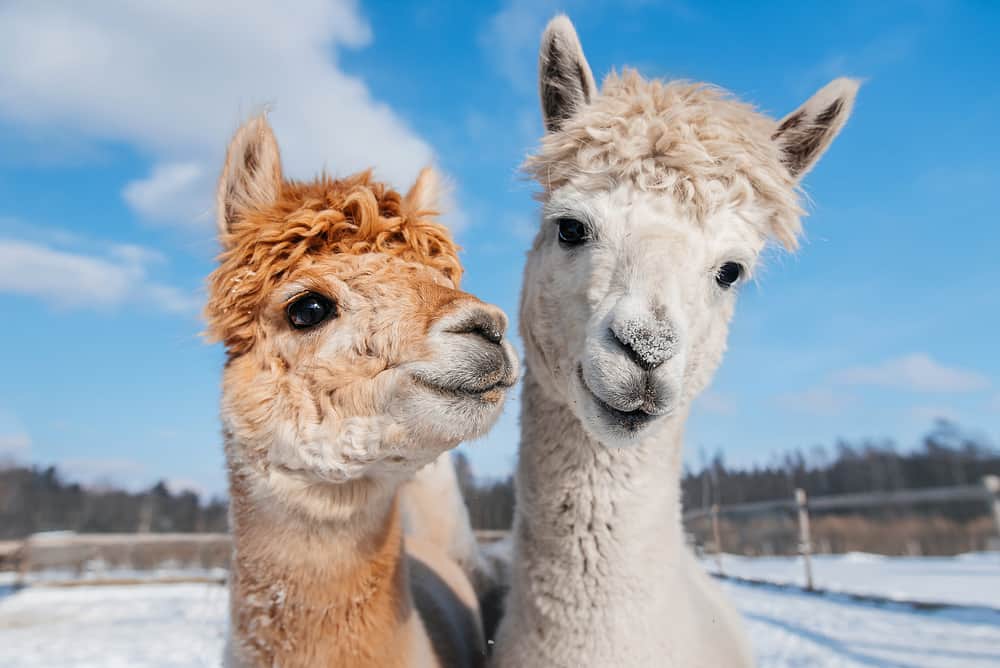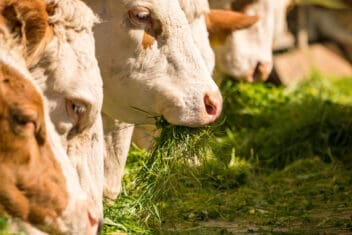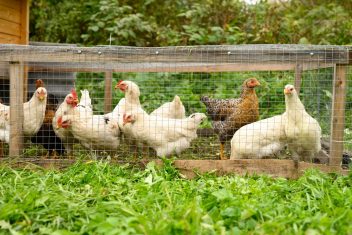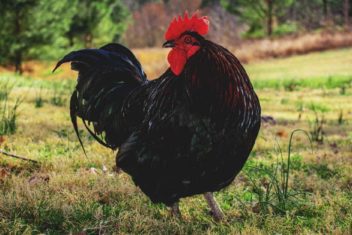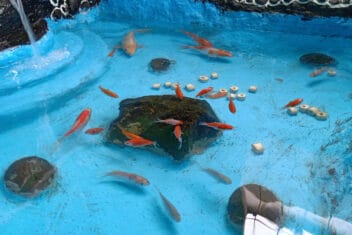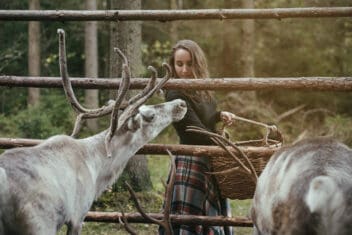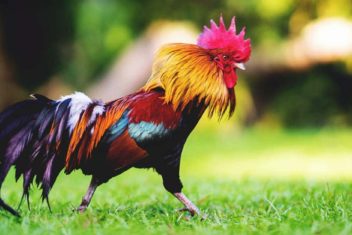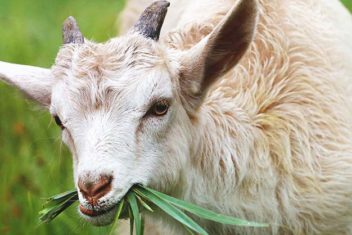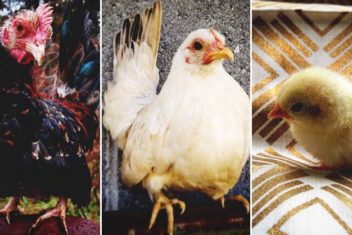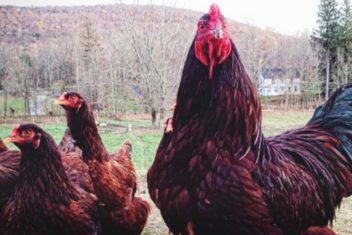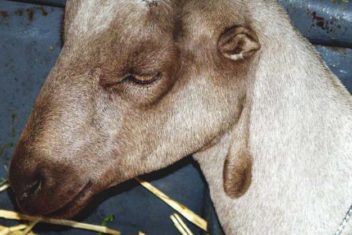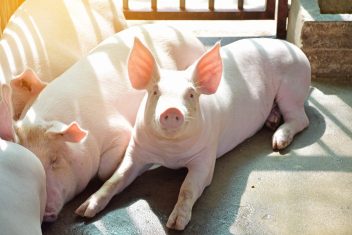Alpacas are excellent animals to have on the homestead. They’re gentle with kids, will fiercely guard your property, and you can use their fiber for making textiles.
Raising these animals is easy if you have the necessary space and time to look after them. With a bit of training, they can have calm and friendly personalities that are a joy to have around.
Benefits of Raising Alpacas
Why should you raise alpacas specifically when many farm animals are available? Here are some fabulous reasons:
1. Excellent Wool
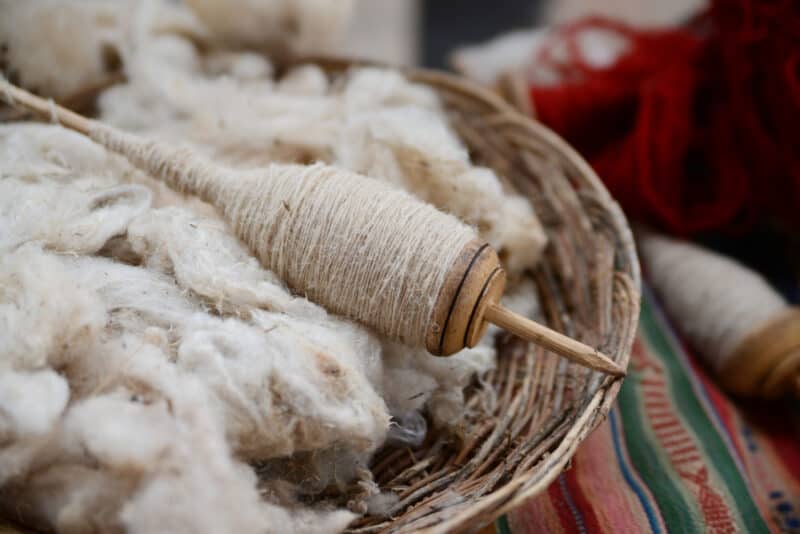
First, alpacas produce some of the best wool in the world. It’s soft, warm, and resilient. Their wool is also hypoallergenic, which is one of the reasons its so sought after.
If you’re interested in exploring new fibers or curating a stock of yarn, you can’t go wrong. You can spin it into yarn bundles for your own projects and sell it at markets or online.
2. They’re Friendly
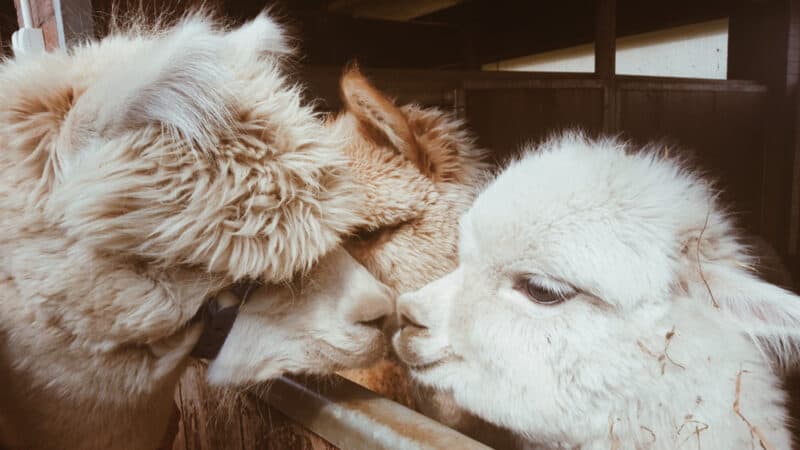
Because they’re so friendly, raising alpacas allows you to start a new business and make an extra income from your animals. You could open a petting farm for the local community.
This is a lovely way to get to know people and provide a friendly space for connecting with animals.
But even if you just keep them to yourself, it’s nice having an animal around that is happy to see you and will come to you willingly. Some animals, like llamas, might not.
It’s not just humans that they’re friendly with. As long as they’re socialized early, they will readily accept dogs, cows, cats, horses, and all kinds of other animals. They even make good companions for horses who need a friend.
3. They Make Great Pets
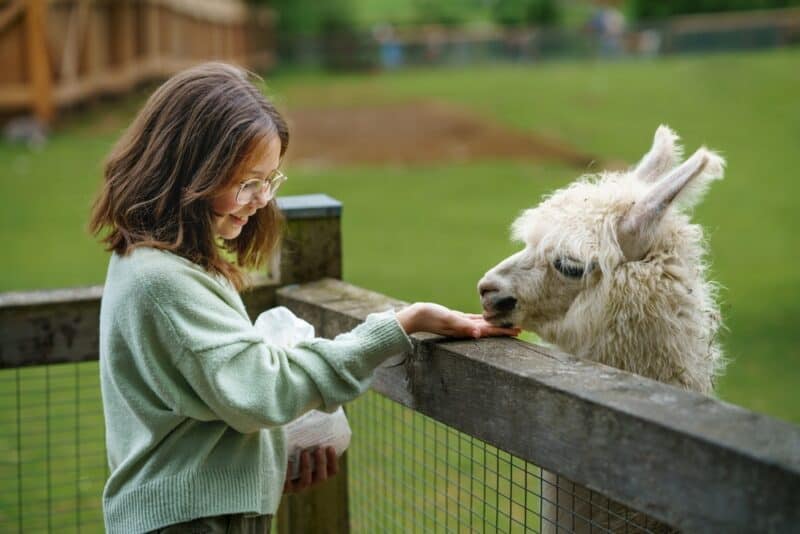
Planting crops and watering flowers can be calming for some people, but there’s nothing like raising alpacas to brighten your mood. Their soft fur is calming to the touch and they have lovely personalities. They are open to bonding with their owners.
Running a homestead is busy work, and forgetting to stop and enjoy the moment can be easy. Having an alpaca will encourage you to go outdoors and enjoy their antics.
It can benefit your mental health to look after animals and receive companionship in return.
For kids, alpacas are excellent pets and can help children become more confident around animals. You can also allocate tasks to children that give them the responsibility of feeding them and cleaning their shelter.
4. Alpaca Fertilizer
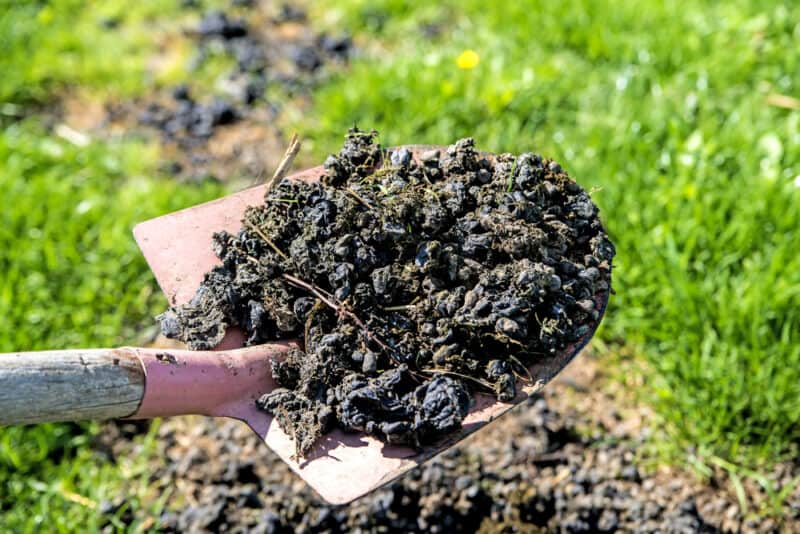
Another reason to raise alpacas is that their feces are excellent for your homestead. You can place it around your plants as a fertilizer.
Of course, you can’t just toss the fresh poop onto the soil or you risk burning your plants. You need to place it, along with any shavings, in a pile and let it decompose before using it.
Once you see a baby alpaca, you won’t be able to resist adopting one of these adorable creatures. They will add so much joy and happiness to your life, and you’ll not regret bringing one home!
5. They’re Clean
Cleaning up after livestock on the homestead can be a tiresome chore. Alpacas give you a break in that they’re naturally tidy. They’ll poop in the same spot and they don’t make a huge mess when they’re eating.
6. They’re Protective
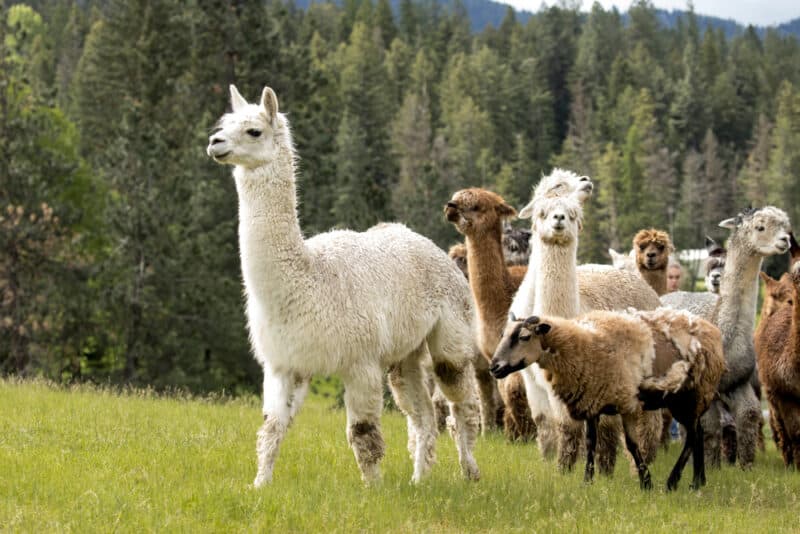
Alpacas aren’t mean, but they are protective. They’ll help guard a herd of sheep or cattle, chasing off predators whenever they come near. In fact, some people prefer alpacas as guardians to guardian dogs.
How to Care for Alpacas
Convinced that you need an alpaca or three in your life? Before you start shopping, it’s important to know what you’ll need to care for these cuties. It’s actually not too difficult, which is one of the best things about them!
To make it even easier, it can help to help you keep track of your responsibilities, create a checklist for raising alpacas and keep it in an obvious place.
1. Shelter
Alpacas can live in a range of different climates, but you’ll need to provide sufficient shelter for these animals during cold months. Alpacas also need protection when the temperatures are high because they can overheat and dehydrate.
Originally, alpacas were raised in Peru and South America, so they’re from mountainous regions with lots of space. If you have a large space with a crowd of trees, this is great for alpacas, but they can adapt to smaller areas.
Because they come from cold regions, they can live in cold temperatures and snowy conditions. They can tolerate freezing temperatures and heat up to 103°F. But you should provide them with a place to escape from the elements.
Set up the shelter for alpacas before you bring them onto your homestead.
But you can also create a cozy shelter in a barn or other protected space.
Remember to measure the space and ensure that it’s big enough for the number of alpacas you have on your homestead. You don’t need to have lots of extra heat, but it’s good to monitor the temperature during winter and add a heater if necessary.
2. Outdoor Space and Fencing
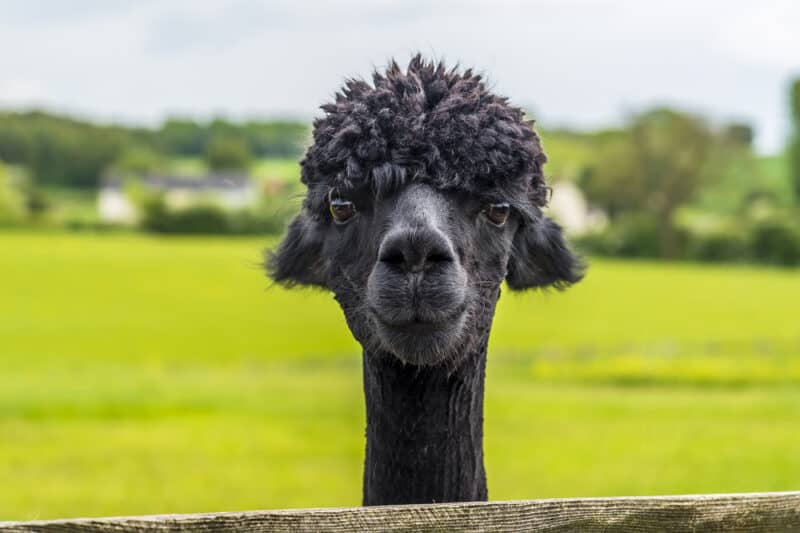
Depending on the number of alpacas you have, the amount of space will vary from homestead to homestead. In general, one acre of land is good for 5-8 alpacas. But, more space is better for your animals.
The land needs to be fertile and clean. So, you should ensure that you have a free space without hazards and debris. Once you have the land ready for alpacas, you’ll need to install a fence for keeping them secure and safe on your homestead.
Otherwise, you could risk your alpacas getting out of the area and injuring themselves.
Animals are intelligent, which means they will learn their limits and not try to push past the fence.
If you use barbed wire or electric fences, you need to be careful when placing them on the fields. You should keep the electric wire on the outside of the fence so it doesn’t come in contact with the alpacas.
To avoid injury, you can use sheep fencing or deer fencing. This is a great option because it’s used to protect other animals so that you won’t have any safety issues.
3. Food and Drink for Alpacas
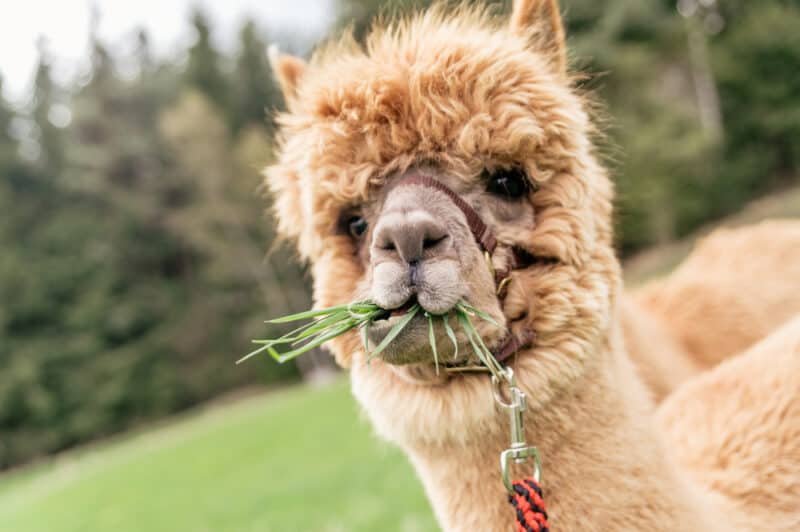
Alpacas like anything green and healthy. They love to graze all day long so you will see them eating the tops of plants and picking up any food they can find on the homestead land. The advantage of alpacas is they are gentle on the land.
You don’t have to worry about them destroying your landscape.
You should plant different herbs and shrubs for your alpacas as this will give them a diverse diet and lots of stimulation to keep them busy. The best hay to feed your alpacas is alfalfa or clover, as it contains all the necessary nutrients for your animals.
It’s equally important that you give your alpacas enough water, so they stay hydrated. Alpacas need lots of water, so they should constantly have a water source nearby. You should also check that the water is fresh and clean daily.
4. Shearing Their Hair
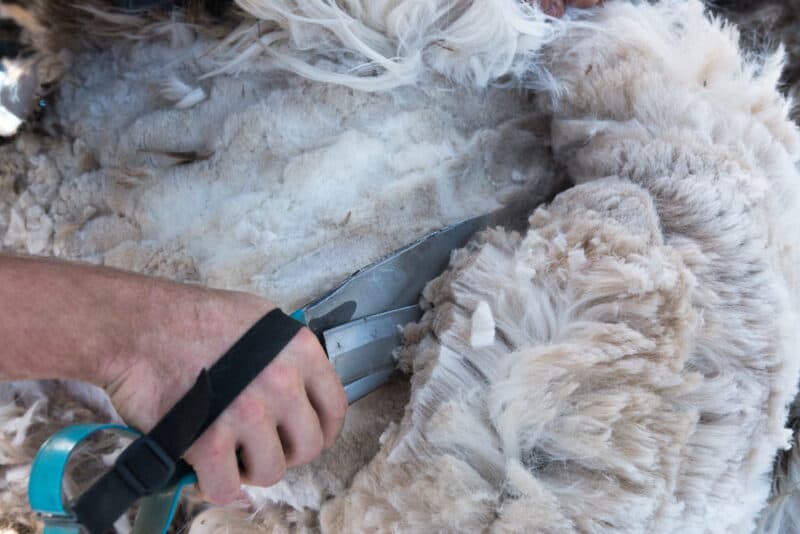
Besides food, water, and shelter, you need to look after the overall health of your animals with frequent nail trims and fiber removal. As an owner, you must shear alpacas because their fur will keep them too hot during summer.
Plus, their wool will be too long, making it hard for them to move around. If you want to repurpose the fiber, you can use it for knitting or crocheting. Or, you can sell it at your local farmer’s market.
Alpaca wool is popular among crafters and people interested in organic fibers. Most people look for fleece fiber from the back of the animal. You can use alpaca wool from the neck and upper legs too.
Over the course of a year, alpacas will produce between 5-10 pounds of wool.
5. Nail Trimming
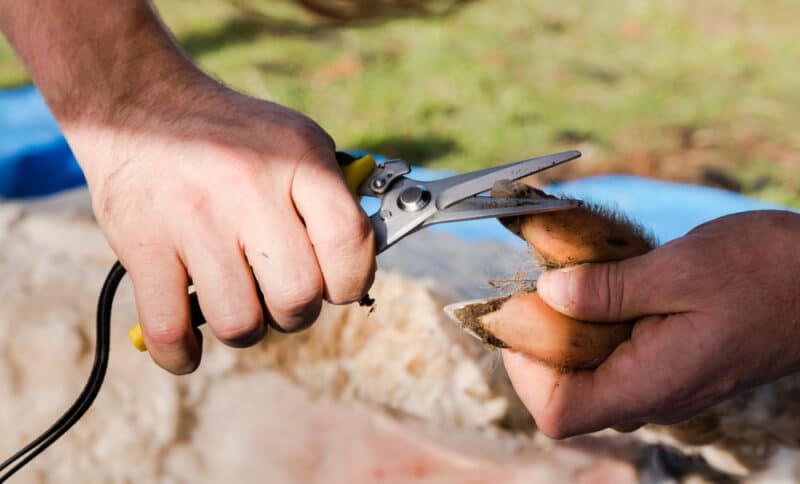
Nail trimming is essential for keeping your alpaca healthy. Their nails grow quickly, so you should trim them every six weeks. If your ground is hard, you might be able to leave the nails to grow longer than six weeks because they’ll wear down naturally.
Older alpacas also need a little more attention as they slow down. Monitor their nail growth and trim them when they get too long.
If you don’t feel comfortable trimming their nails, you can call your local veterinarian to do it for you.
6. Medications
The main vaccinations you need to worry about when raising alpacas are getting tetanus and Clostridial shots. Youngsters and pregnant females need a vitamin D shot during winter, since these animals are native to areas with strong sunlight.
Check with your vet on the vitamin D protocols in your area.
You should give alpacas a tetanus shot when they are young, so you should get this booked as soon as you bring them home. Ideally, your alpaca should have a tetanus shot within the first few days of coming home with you. Then, you’ll need to boost it regularly.
